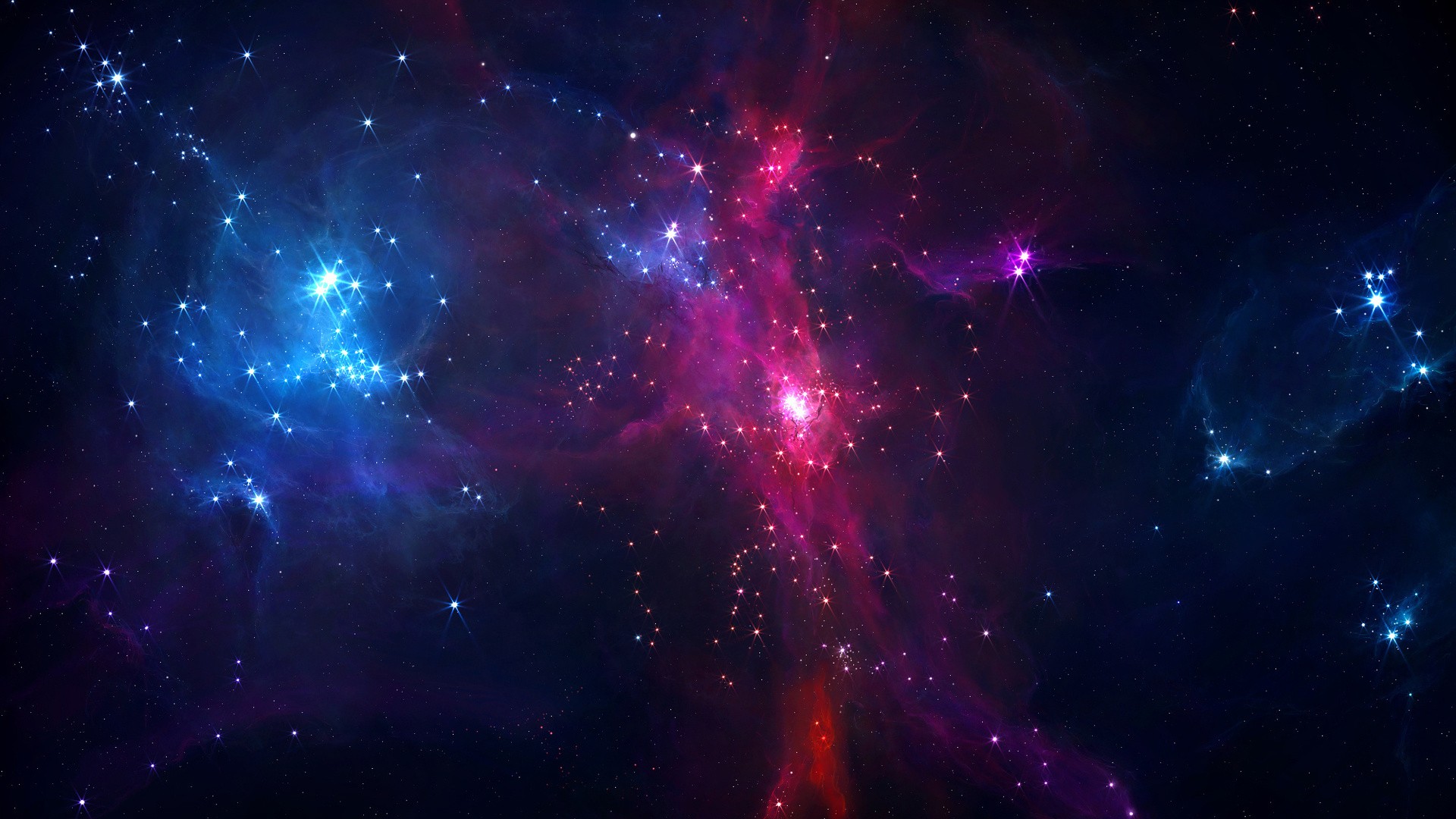
For the first time, researchers have documented the long-predicted occurrence of 'walls bound by strings' in superfluid helium-3. The existence of such an object may explain how the universe cooled down.

A relic cloud of gas, orphaned after the Big Bang, has been discovered in the distant universe by astronomers using the world's most powerful optical telescope, the W. M. Keck Observatory on Maunakea, Hawaii.

The discovery of this approximately 13.5 billion-year-old tiny star means more stars with very low mass and very low metal content are likely out there—perhaps even some of the universe's very first stars.

The Planck mission launched in 2009 has finally reached its ending point. So far the standard model of cosmology has survived all the tests.

Astronomers have observed a galaxy 13.3 billion light years away that includes stars that must have been shining just 250 million years after the Big Bang.

The theory, which was submitted for publication before Hawking's death earlier this year, is based on string theory and predicts the universe is finite and far simpler than many current theories about the big bang say.

This black hole resides in a luminous quasar and its light reaches us from when the Universe was only 5 percent of its current age — just 690 million years after the Big Bang.

When running Hawking and Hartles’ as well as Vilenkin’s, math, the new team didn’t get the teeny quantum fluctuations required to create today’s universe.

Theoretical physicists and cosmologists deal with the biggest questions , like “Why are we here?” “When did the universe begin?” and “How?” Another questions that bugs them, and likely has bugged you, is “What happened before the Big Bang?”

The universe is expanding uniformly according to research led by University College London (UCL) which reports that space isn’t stretching in a preferred direction or spinning.

New work from a team led by Carnegie’s Eduardo Bañados has discovered 63 new quasars from when the universe was only a billion years old.

Researchers have recreated the universe's primordial soup in miniature format by colliding lead atoms with extremely high energy in the 27 km long particle accelerator, the LHC at CERN in Geneva.

A new theory suggests a shorter secondary inflationary period that could account for the amount of dark matter estimated to exist throughout the cosmos.

The theoretical physicist discusses the expanding universe and the infinite possibilities it brings.

Scientists may have discovered a new particle in nature - or it could be a glitch.